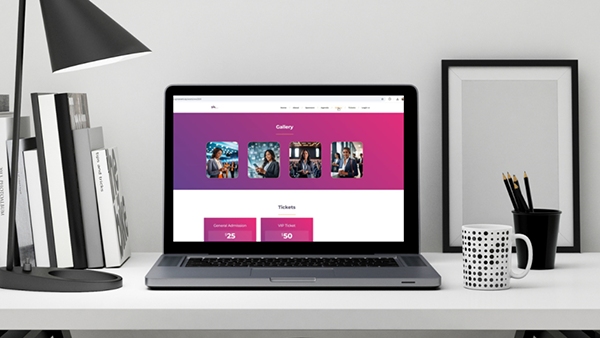Less duct tape and late nights*

Holds your events together
Organizing a business event is hard. Our event management software makes it a whole lot easier, more enjoyable for exhibitors and attendees, less stressful, and more fun.
*You’ll even have more time for coffee (pinky promise). (;

This Event Planning Software Is The Caffeine Boost* Your Event Needs
Born from a legacy of business consulting, fueled by a passion for event management tools. Unlike other B2B event management software providers, we actually work with you to create the all-encompassing solution (and experience) you need.
Learn More*Minus the mid-afternoon crash
Solutions for Every Stage of Your Event
Pre Event
- Website
- Registration
- Automated Touches
- Sponsor Management
- Agenda Management
Day of Event
- Attendee Mobile App
- Event Planner Mobile App
- Onsite Check In
- Networking
Post Event
- Event Insights
- Attendee Engagement Reports
- Surveys

Demos Speak Louder
Not like other “we talk, you listen” demos. More like a brainstorming sesh to tackle your current problems, hit your goals, and triangulate towards your objectives. Then we do a mock up simulator to show you what’s possible.
Schedule to talk with us!© Copyright 2025 Sync Technologies, Inc. All Rights Reserved








